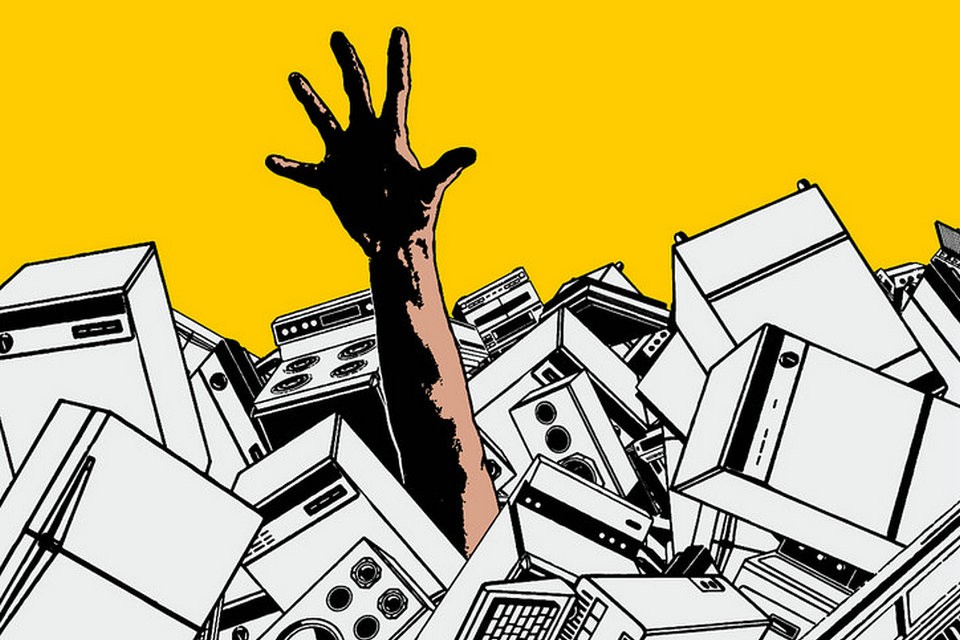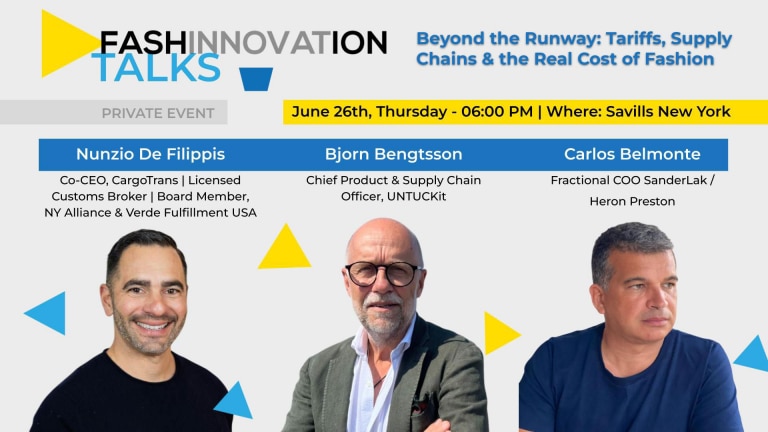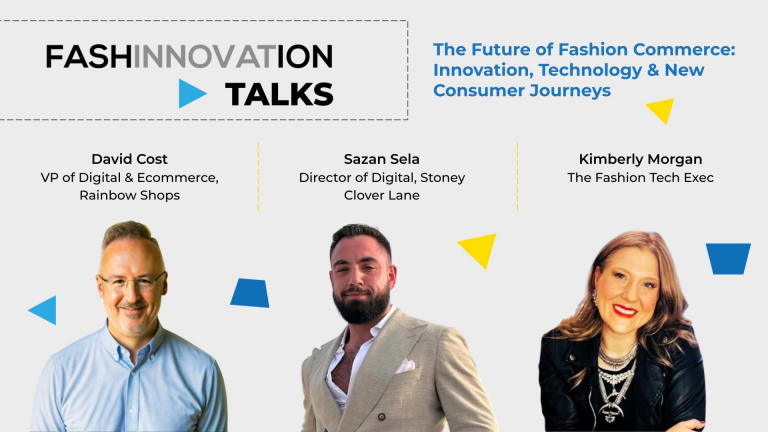We live in a world where we are constantly consuming different types of media and information. We are always connected and the only time when we are not is when we are asleep. With this constant flow of media, companies find ways to market products.
Consumerism is bad or good
The more the internet evolves the more that these companies transform to figure out new ways to market products to consumers. A corner to any good fashion brand is their marketing department.

Over the years, the focus has shifted from print to digital/ social media marketing. Amidst a pandemic, brands have increased their digital marketing budget. According to one survey on Fashion United, “49% of brands have allocated the majority of their budget to focus on digital marketing.
Out of that 49%, 28% of those brands allocated 90% of that marketing budget to focus solely on digital.” (Adegeest, 2020). With this constant flow of marketed products, the chances of people wanting to buy the product increase.
The more and more people see unneeded products, they feel compelled to buy it. This leads to a core problem throughout the different economical classes which is consumerism.
WHAT IS CONSUMERISM?
Consumerism is the “idea that goods and services will enhance one’s well being and state of mind.” (KELLY, 2021). It is essentially the idea that people rely on purchasing items to make them happy.
That is not always the case. The notion that “stuff” makes you happier is a false idea that these companies’ plant in our heads through marketing. That is, because the goal of any business is to make money.
This becomes a reality for many fashion brands selling products to consumer that do not necessarily need those items. There is this notion “that we only wear 20% of our closet.” (Stoeffel, 2013) With the pandemic that number only dwindled due to the fact that we really did not have to get dressed up.
PROS OF CONSUMERISM
The positive effects that consumerism has is that it shows that people have extra spending capabilities than they had before. Overall, it is a good notion that people are living beyond their basic needs and they get to enjoy the fruits of their labor.
CONS OF CONSUMERISM
There are not a lot of issues with consumerism, but the few that are prevalent have a great impact on the globe.
THE FIRST ISSUE OF CONSUMERISM
The first issue is buying unnecessary items. There are two layers to this issue. The first layer is that it adds to the growing classes division going on in the globe.
While the rich get richer, the poor get poorer. That is because products are being marketed more to the lower classes and give this notion of feeling rich and looking rich are connected, but that is not true.
The second layer is that it is creating this loop of waste. By buying product that are not needed, it creates a chest match of finding places where to store these “old items”. It is finding ways to clear last years inventory to find space for more SKUS or finding space for your closet. It is this endless circle of finding where to store these items we do not want or need.
THE SECOND ISSUE OF CONSUMERISM
The second issue is the environmental impacts it creates. A big portion of this issue is the waste and the discarding of unwanted products.
Let us not forget the materials that are needed to make these items. Currently, “we are using about 70% of our non-renewable resources.” (The World Counts, 2021). With the growth of the middle class in emerging/ developed nations, this is amplifying the number of resources that we are taking from the earth.
As fashion leaders we have to have a wide lens view of what is really going on. The responsibility falls on everyone, not only the brands. We must think about where the raw materials are coming from and as well the impact it has on the environment post consumption. If we limit consumption, we can offset these issues.
BALANCING CONSUMERISM AND RESPONSIBLE SHOPPING
Let’s face it, the only way to truly stop the excess of fashion is to stop making clothing and other fashion items. That is not going to happen anytime soon, because you and I are not going to have a job.
The biggest challenge is finding a balance between consumerism and still having a functional and healthy economic system. For this to work, we need the consumer to not fall for the traps of marketing.
We need big brands to pump the brakes on what they are producing to flatten the curve of waste as well as offer other services than just products.
THE CONSUMER’S PERSPECTIVE
From the consumer’s perspective, we live in a capitalistic society. Yes, there are pros and cons to this, but as a consumer you dictate where your money is going and what brands you support.
If you do not believe in a brand’s mission or purpose you do not have to support them. This goes for all industries. You have a direct effect on how companies operate, because at the end of the day they are here to sell us a product or service. If we do not like it, we are going to affect the business.
Good brands do not serve the company, they serve the people. From that alone, we must practice responsible consumer behavior to limit the excess waste and to also help our wallets.
THE BRANDS’ PERSPECTIVE
From a brand position, they must think about all the steps in the lifecycle of the product. From the conceptualization of the item to the effects that it has once the product become obsolete.
They must think of environmental factors. Some brands are thinking beyond that which is great, but we must think of better and more effective ways to make that the lead point in the conversation. Also, they must think of the ways they are marketing to consumers.
This is having the greatest effect on how they fuel the consumerism cycle. Some brands even deleted their social media accounts because they want to remain more exclusive.
CONCLUSION
It is on us as industry leaders, from all sectors, to have an open conversation with people about consumerism and its effects. We must have these conversations to educate consumers on the effects that has on all walks of life. As consumers, it is on us to hold brands accountable and ensure we are supporting brands that we believe in.
Want know more about fashion world? FASHINNOVATION!
* By Luciano DiGiorgio






